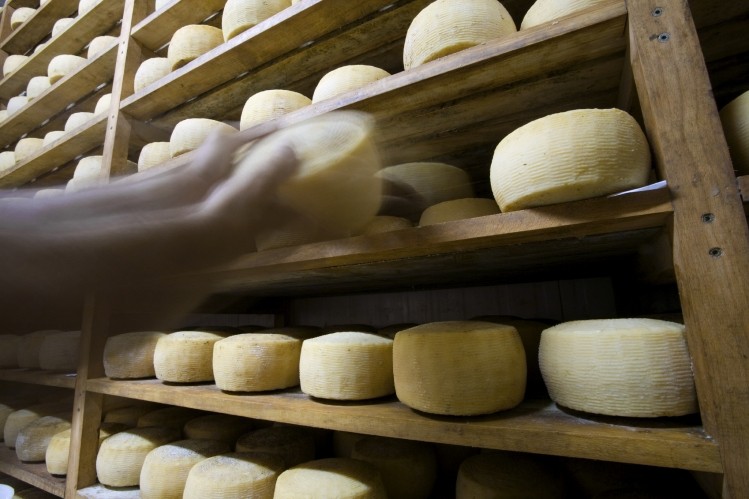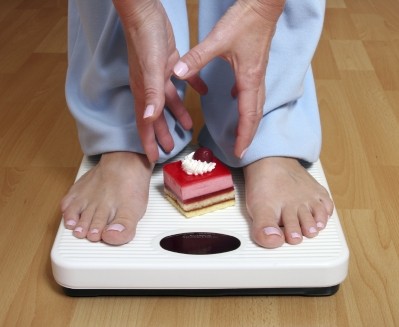Sugar reduction summit
Cheese blasted by fat reduction campaigner

Responding to a question from FoodManufacture.co.uk, MacGregor, professor of cardiovascular medicine at the Wolfson Institute of Preventive Medicine, said cheese was very high in saturated fat and salt.
He accepted that eating cheese could contribute to increasing calcium intake, but said its fat content outweighed this advantage.
‘Can’t see reason to eat cheese’
“I personally can’t see any reason to eat cheese … I don’t think it should be a staple part of the diet,” he said, speaking at the Sugar Reduction Summit, held at the Royal Society in London on July 9.
Responding to MacGregor’s comments, Dr Alison Tedstone, director of diet and obesity and chief nutritionist for Public Health England, was less scathing.
“Graham is absolutely right: some dairy products can be high in fat and salt,” she said. But she stressed there were plenty of low-fat dairy alternatives. “Low fat dairy products provide just as much calcium intake.”
As a result, the current backlash against obesity and encouragement to eat more healthily offered opportunities for dairy manufacturers to develop low fat products, she said.
Dairy free products
Separately, Michelle Berriedale-Johnson, founder of the FreeFrom Food Awards and editor of FreeFromMatters websites, told FoodManufacture.co.uk that current healthy eating campaigns could increase demand for low-fat and no-fat dairy free products.
“The focus tends to be on gluten rather than dairy, but the potential is there … You have to be careful, because there has been so much emphasis on dairy as a source of vitamins and calcium, so you have to replace these nutrients, but dairy free definitely has legs …”
Trade organisation the British Cheese Board (BCB) claims on its website that many cheeses do not contain as much saturated fat as a lot of consumers believe. A survey backed by the BCB indicated 36% of consumers believed more than half of cheese was composed of fat.
However, it stressed that Cheddar cheese, for example, contained just 34% fat and that, in addition to calcium, cheese was a good source of protein and Vitamin B12.


















